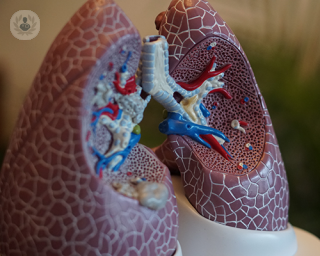
By Professor Jayant Vaidya
24.04.23
Clinical oncology
Breast cancer: an expert's guide
Breast cancer is one of the most common cancers in the UK, with more than 55,000 cases a year on average. In his latest online article, renowned professor of surgery and oncology Professor Jayant Vaidya gives a comprehensive explanation of the different types of breast cancer, their symptoms and the treatment options available.
















